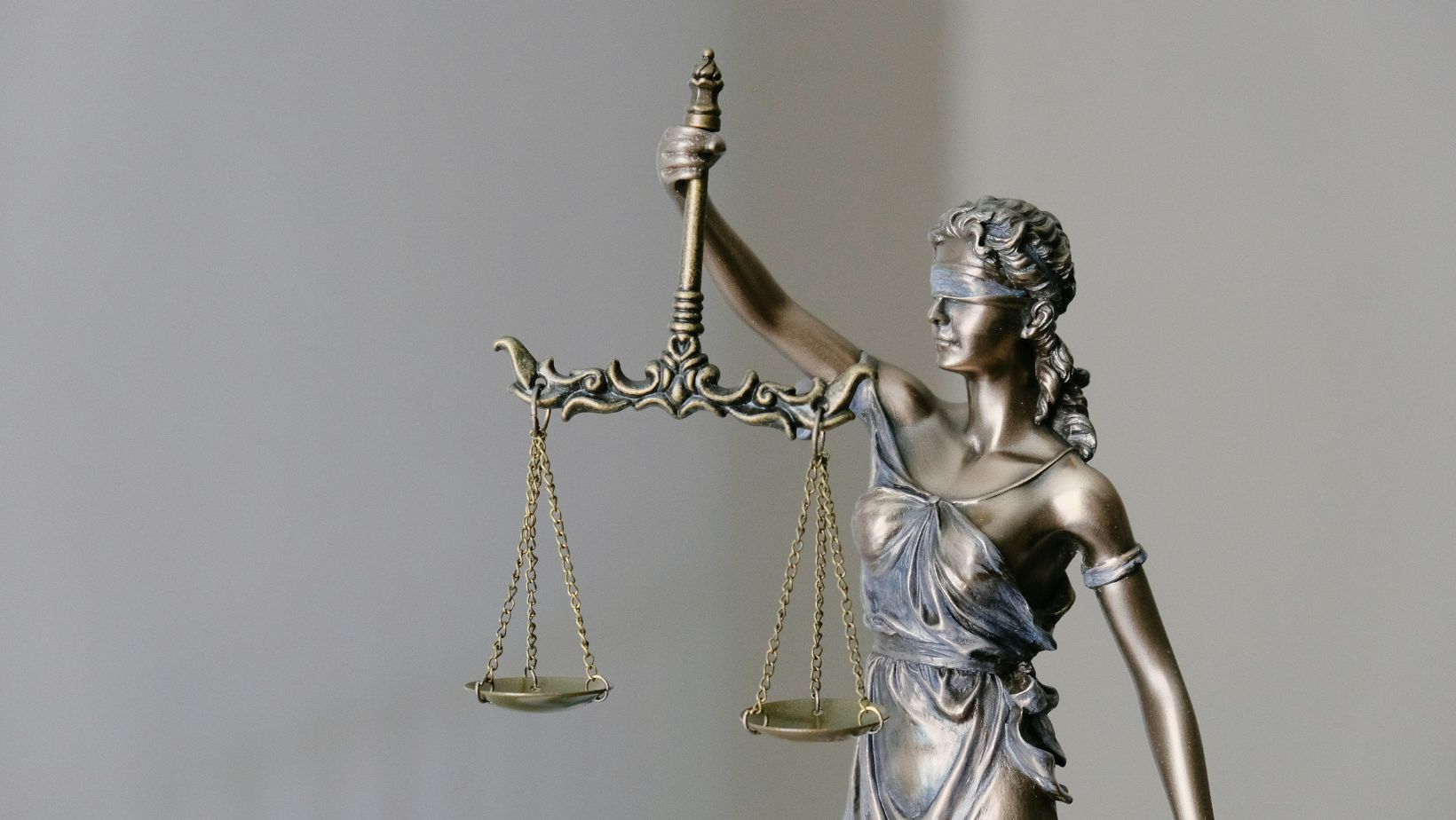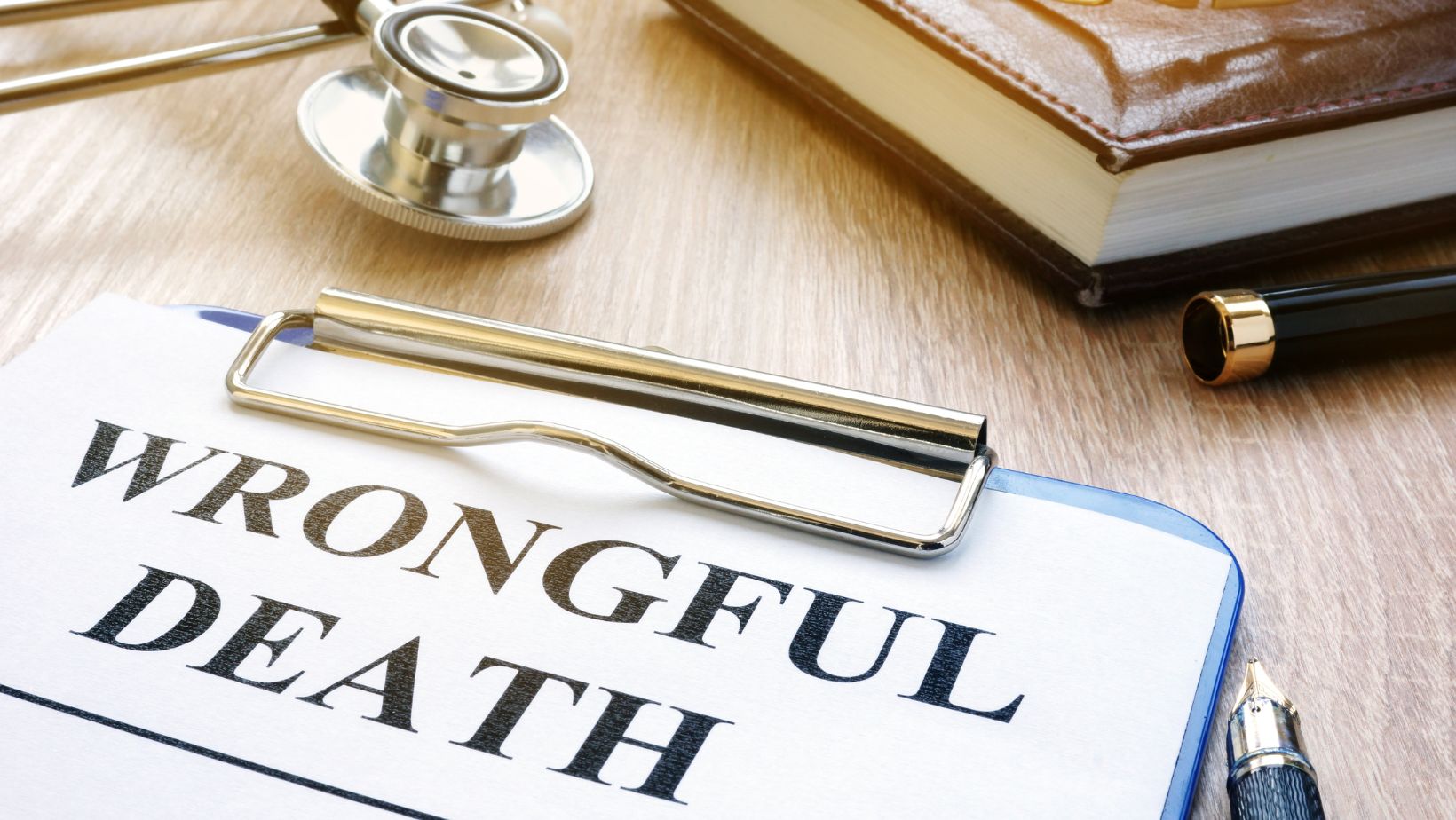
No one is prepared for the pain of losing a family member in a car accident. It’s a deeply upsetting experience. It often leaves loved ones emotionally shattered and financially vulnerable. In such dire circumstances, seeking justice through legal channels becomes not just a desire but a necessity for many.
In this article, we aim to provide clarity and guidance for families grappling with the aftermath of such tragedies.
Understanding Wrongful Death Claims
When a family member dies because of another person’s negligence, wrongful death claims can help hold them accountable financially. These claims differ from criminal charges, which aim to punish the at-fault party. Wrongful death lawsuits seek compensation for family losses, covering financial support, medical bills, funeral expenses, and intangible damages like emotional distress.
Unintentional injuries are a major public health concern in the U.S., claiming countless lives each year. According to Statista, accidents or unintentional injuries ranked as the third leading cause of death in the country, constituting approximately seven percent of all recorded fatalities. Statistics show that in 2022 alone, unintentional injuries took the lives of over 227,000 people. This underscores the significance of legal avenues available to families grappling with such tragedies.
In a successful wrongful death case, it’s vital to establish several crucial components. A critical element is demonstrating that the responsible party owed a legal duty of care to the deceased. This duty must have been violated due to negligence. Additionally, it needs to be established that the surviving relatives experienced quantifiable harm as a result of the loss.
Establishing Liability
This step focuses on finding the person or people whose carelessness led to the accident and the loss of life. Establishing liability involves investigating factors like driver behavior, road conditions, and potential vehicle defects surrounding the crash.
Fox News reported in October 2022 that a 23-year-old is facing charges following a fatal wreck in south St. Louis. The crash occurred at the intersection of S. Kings Highway Boulevard and Arsenal Street, resulting in the death of Mycaila Williams-Arnold. The driver, with a BAC of 0.209%, well above the legal limit, faces charges of DWI.
In such accidents, the specific circumstances surrounding the car accident will determine how liability is established. Evidence such as police reports, witness statements, accident scene photographs, and the deceased’s driving record can all play a crucial role. A knowledgeable local legal expert, like a personal injury lawyer, can greatly aid in this procedure.
It’s crucial to seek guidance from an experienced St. Louis personal injury attorney who specializes in wrongful death lawsuits.

These legal professionals can meticulously analyze your case, gather evidence, and effectively argue your claim. This focuses on the increased probability of a positive outcome.
TorHoerman Law stresses the significance of choosing a lawyer who possesses the requisite experience, commitment, and resources to handle your case effectively. Also, they must be familiar with the local legal system for optimal representation.
Damages and Compensation
In wrongful death cases from car accidents, damages and compensation are crucial for financial relief. Compensation usually covers economic and non-economic losses stemming from the tragic event. It aims to address the suffering of surviving family members.
Economic damages pertain to tangible monetary losses such as medical bills, funeral costs, lost income, and the value of household services. On the other hand, non-economic damages are those that are harder to put a price tag on. This includes the pain and suffering your loved one endured, the loss of their companionship, the emotional distress you experience, and any mental anguish you face.
While economic damages can be measured, non-economic damages reflect the significant impact on the family’s well-being. Both types of damages are integral to addressing the full scope of the family’s losses.
According to the NHTSA, a single fatal accident can cost over $1.6 million on average. The financial burden of these accidents can be significant for families already coping with the immense grief of losing a loved one. That’s why wrongful death lawsuits can be so important. They can help families recover compensation for these unexpected costs.
Legal Process and Timeline
The legal process starts with filing a wrongful death lawsuit, followed by the discovery phase, where evidence is exchanged. Mediation or negotiation may then occur in an attempt to settle. In the absence of a settlement, the case might go to trial, where a judge or jury makes the final call.
Also, plaintiffs must consider the statute of limitations before filing the lawsuit. The statute of limitations typically allows two years from the individual’s death to file a wrongful death lawsuit. However, in medical malpractice instances, this timeframe may commence upon the discovery of the malpractice. For instance, if malpractice is revealed two months after death, the clock starts from that point.
Forbes stated that the timeline for settling a wrongful death case varies, with some resolving swiftly, within months, while others may take years. Investigating and gathering evidence require significant time. Plaintiffs must fully understand the incident and responsible parties before considering settlement offers.
Settlement Negotiations vs. Litigation
In settlement negotiations, parties seek to resolve the issue without going to trial. This method has various advantages, such as quicker resolution, lower legal costs, and less emotional stress on the family. Settlements also grant families more influence over the result and may yield a more foreseeable outcome.
Conversely, litigation entails presenting the case in court, where a judge or jury will make the final decision. Resorting to litigation, although potentially more time-consuming and expensive than settling, might become essential if both parties fail to agree on a fair settlement.

Litigation allows for a thorough examination of evidence and arguments in a formal legal setting, potentially resulting in a higher award if successful.
Frequently Asked Questions
What damages can family members seek in a wrongful death claim after a car accident?
Family members can seek damages, including medical expenses, funeral costs, lost income, and non-economic damages, such as pain and suffering. Also, you can claim emotional distress resulting from the tragic loss of a wrongful death after a car accident.
How is liability determined in wrongful death cases from car accidents?
Liability in car accident wrongful death cases hinges on investigating driver behavior, road conditions, and potential vehicle defects. Evidence gathered helps establish who was responsible for the accident and subsequent loss of life.
Is settling a wrongful death claim out of court common, or is litigation usually required?
Settling a wrongful death claim out of court is common, with many cases resolved through negotiation and settlement. However, litigation may be necessary in more complex cases or when parties cannot reach a fair settlement agreement.
Seeking Justice After Tragedy
Following a fatal car accident, the decision to pursue legal action for wrongful death extends beyond legality. It’s a deeply personal and emotional journey for families seeking justice. Despite the challenges, it presents an opportunity to honor their loved one’s memory and hold the responsible parties accountable.
Understanding rights, exploring legal options, and considering emotional and practical aspects empower families to navigate this challenging journey.





